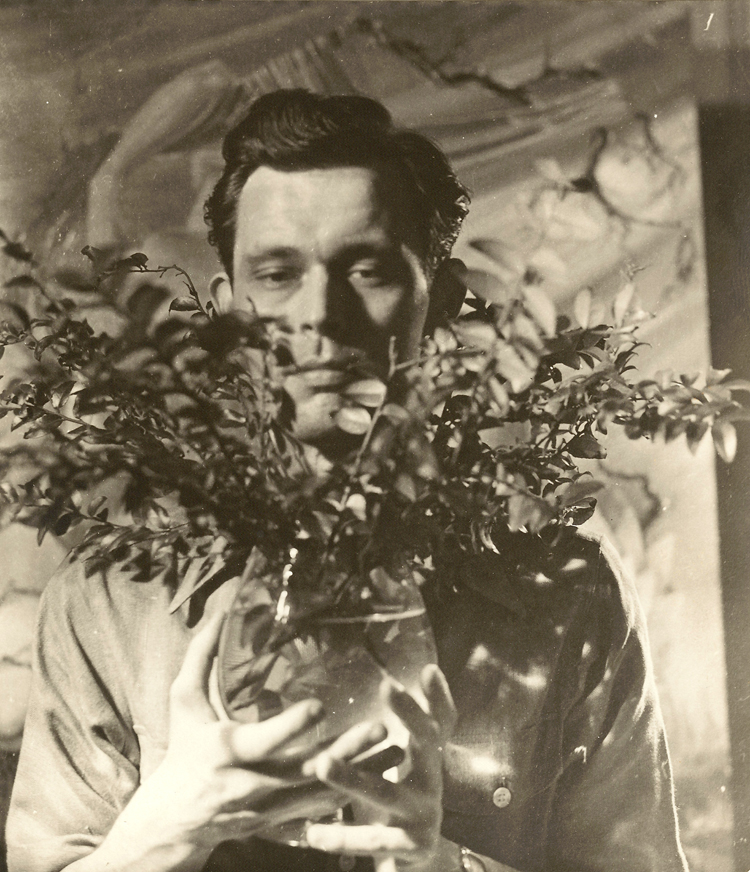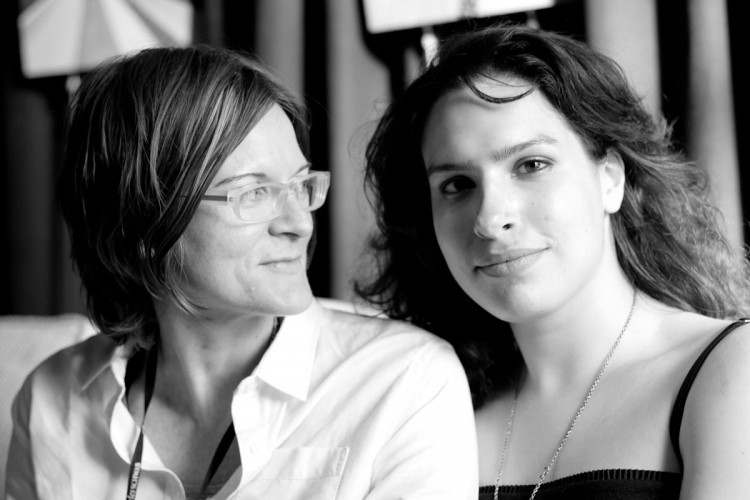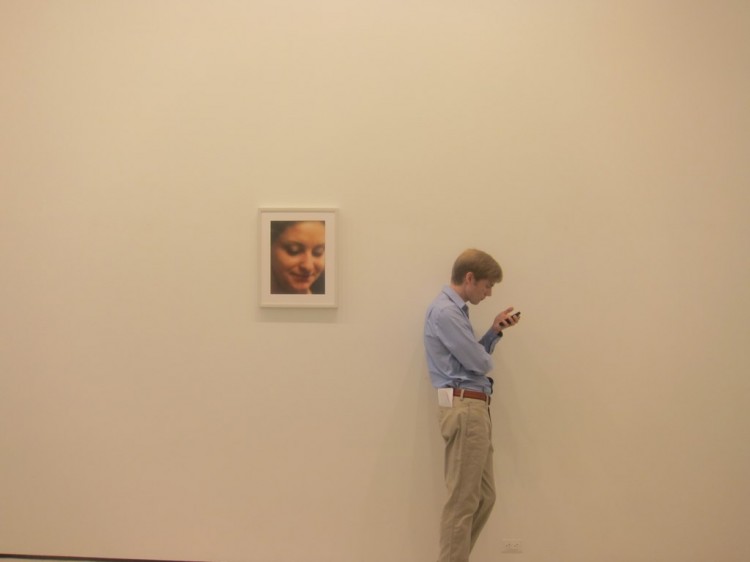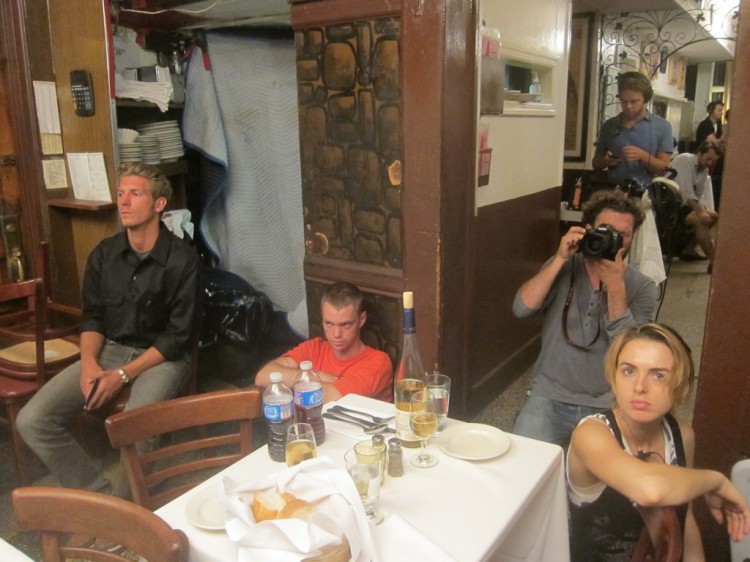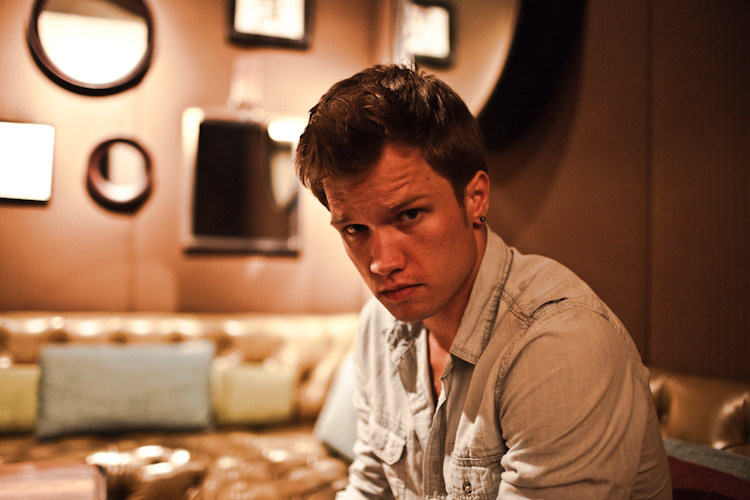This week in our quest to understand the life and work of Avery Willard, Cary Kehayan, the co-director of the documentary In Search Of Avery Willard explains how the project came to pass, how it relates to Keep The Lights On, and what intruiges him about this unusual but exciting endeavor.
It’s a great privilege to share with you the work of the late Avery Willard. Avery wore many hats – photographer, filmmaker, writer, editor, leatherman, pornographer. He was a creator in the truest sense. Ambitious, elusive and prolific, he was an unsung trailblazer of the queer art world. The work of innovators like Avery is what drove me to become a documentarian. I’ve always felt that a good doc filmmaker is, first and foremost, a disciplined and acute observer – one who isn’t afraid to take the side streets and embrace each tangent along the way. The process requires a tremendous amount of movement and obsession and perseverance. There’s a lot of joy but even more frustration and heartbreak. And yet, every once in a while, there is a discovery filled with such promise, it gives you the shivers. This was the case with Avery. More…



